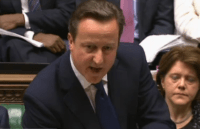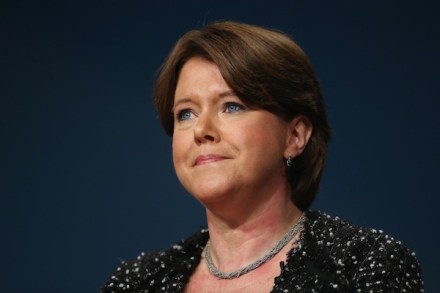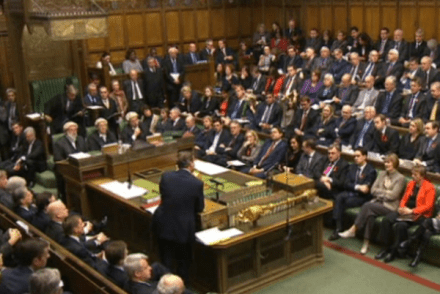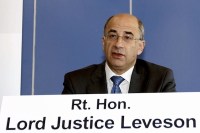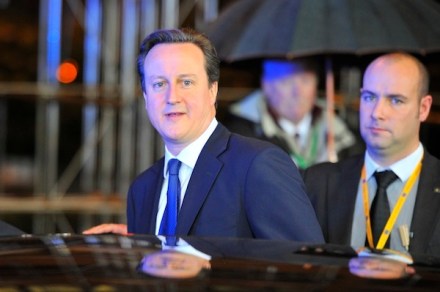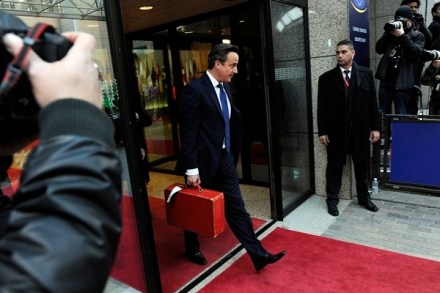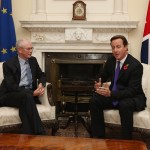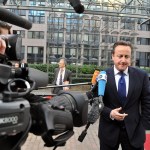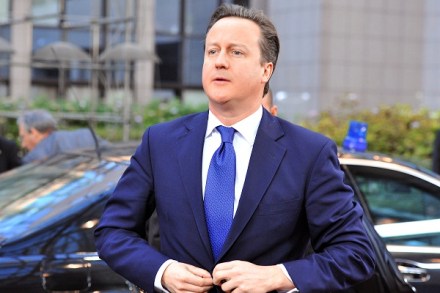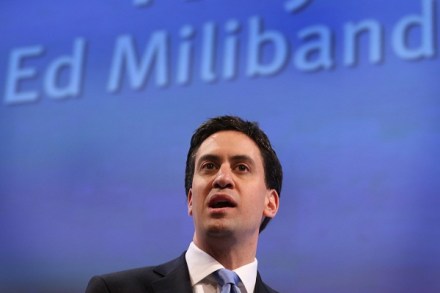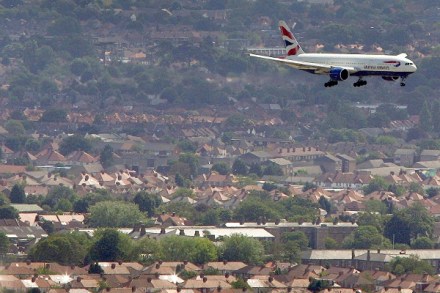‘The first thing we do, let’s kill all the lawyers’
Given that David Cameron, rightly, seems to believe Lord Leveson’s recommendations are a crock of shit, what was the point of the inquiry in the first place? To show that something was being done? To give people like the hilarious Coogan a day in the sun, and that smug prolix lawyer who thought he was James Mason in The Verdict? We have to stop handing things over to lawyers and judges. Journalists are bad enough, but these people are even more thieving, grasping, self-righteous and utterly out of touch with public opinion. Too much time is given over to what they have to pronounce, too much weight given to their





